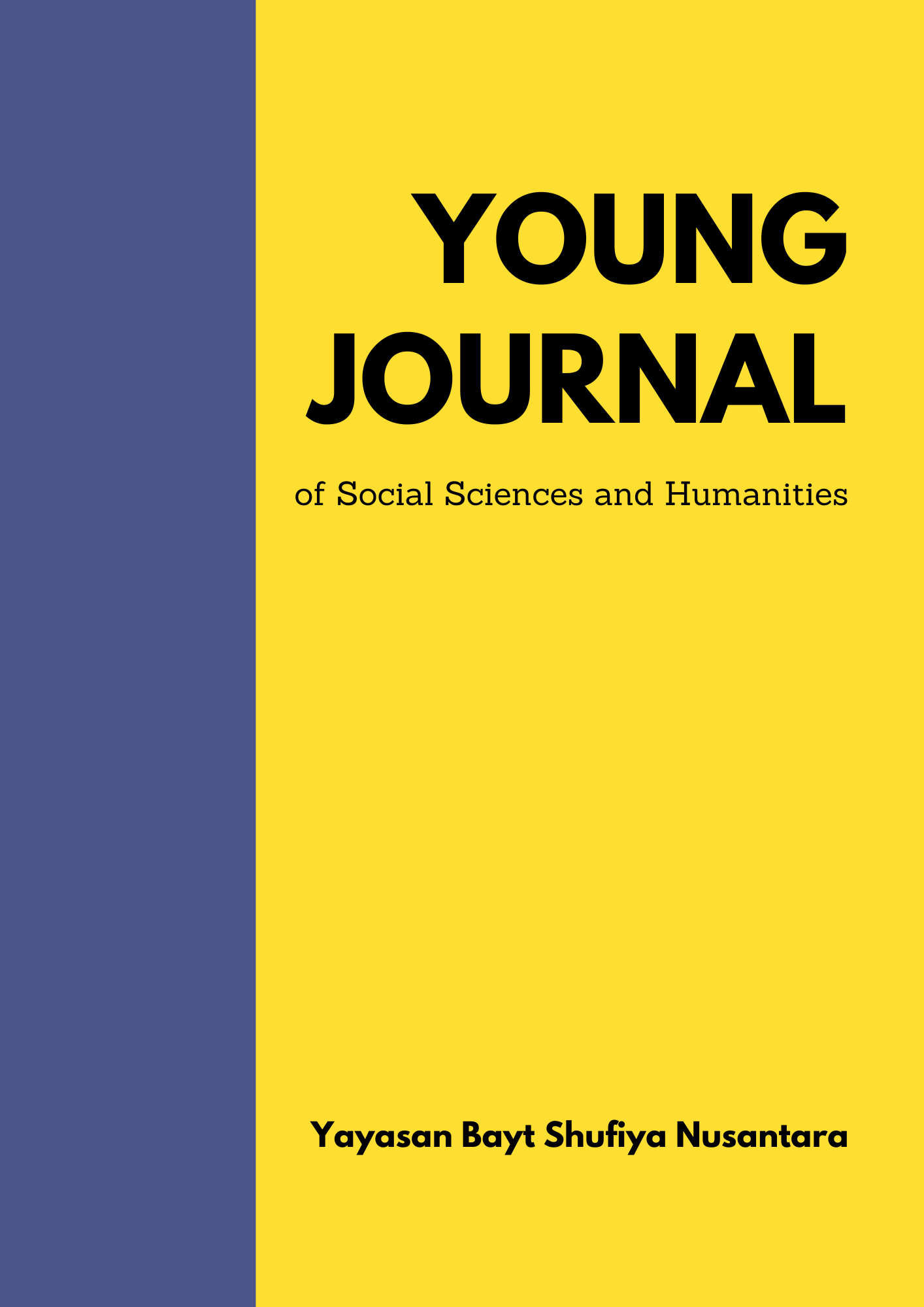About the Journal
Sufiya Journal of Islamic Studies a broad spectrum of Islamic studies, welcoming research from multiple disciplines, including but not limited to: Sociology of Islam: Examining the role of Islam in shaping societies, communities, and individual identities. Anthropology of Islam: Investigating cultural practices, traditions, and rituals within Muslim communities. Philology: Analyzing Islamic manuscripts, texts, and linguistic aspects of Islamic literature. Political Studies: Exploring the relationship between Islam and governance, policy-making, and political movements. Islamic Education: Studying educational institutions, curricula, and pedagogical methods within Islamic education systems. History and Philosophy of Islam: Tracing the development of Islamic thought, theological debates, and historical events that shaped the Muslim world.
Sufiya Journal of Islamic Studies employs a variety of methodological frameworks, ensuring comprehensive and interdisciplinary analysis. Scholars contribute using qualitative, quantitative, historical, and textual approaches to offer diverse insights into Islamic studies.
The journal is intended for academics, researchers, and students engaged in Islamic studies and related disciplines. It serves as a resource for those interested in contemporary debates, historical developments, and theoretical advancements in the study of Islam. By publishing high-quality research, the journal contributes to the academic discourse on Islam’s role in society, culture, and politics.













